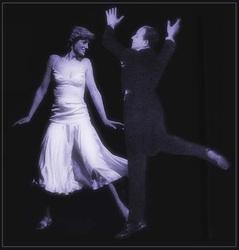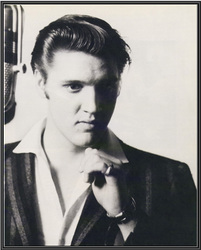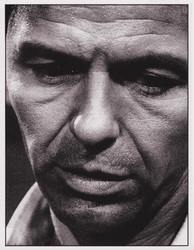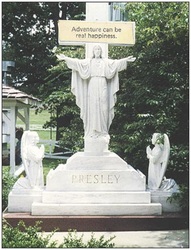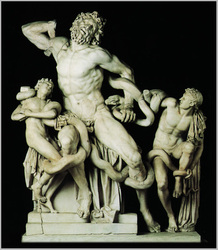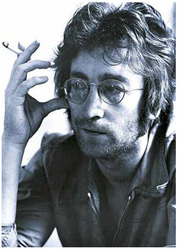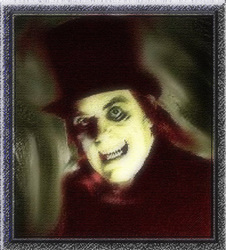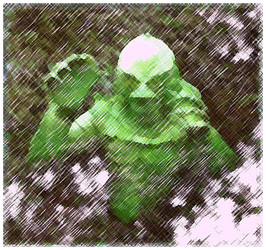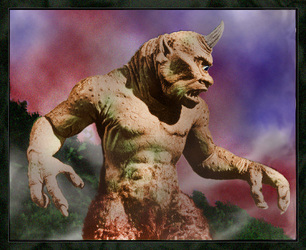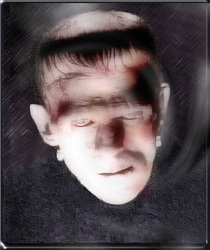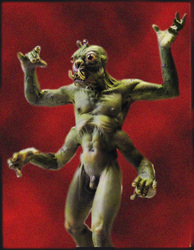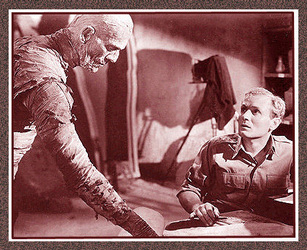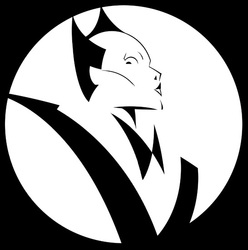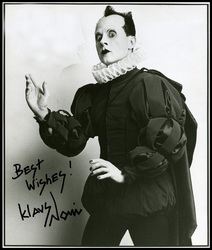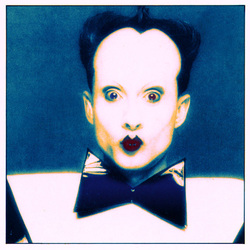PERSONÆ
MONSTER
NOMI
Klaus was a face - elfin and painted as a Kabuki robot. He was a style -
a medieval interpretation of the 21st century via Berlin 1929. He was a
voice, almost inhuman in range, from operatic soprano to Prussian
general. He was a master performer - a master of theatrical gesture.
Above all he was a visionary. He said the future is based on the needs
of the artist, deciding how to live and living that way every minute.
Klaus, the man from the future, lived that way in the present, and held
out his hand saying, "Come with me. You can do it too."
His vision was naive, quaint, almost foolish, but forceful in its purity
and innocence. Even at his most wildly ridiculous ("Lightning Strikes")
or quaveringly sublime (Purcell's "Death") there was an acknowledgment
of impending apocalypse that lent it conviction. For Klaus, apocalypse
was a metaphor for purification, and as the oddball optimist surrounded
by cynical detachment and resignation, he dared to believe in a better world.
(Kristian Hoffman)
a medieval interpretation of the 21st century via Berlin 1929. He was a
voice, almost inhuman in range, from operatic soprano to Prussian
general. He was a master performer - a master of theatrical gesture.
Above all he was a visionary. He said the future is based on the needs
of the artist, deciding how to live and living that way every minute.
Klaus, the man from the future, lived that way in the present, and held
out his hand saying, "Come with me. You can do it too."
His vision was naive, quaint, almost foolish, but forceful in its purity
and innocence. Even at his most wildly ridiculous ("Lightning Strikes")
or quaveringly sublime (Purcell's "Death") there was an acknowledgment
of impending apocalypse that lent it conviction. For Klaus, apocalypse
was a metaphor for purification, and as the oddball optimist surrounded
by cynical detachment and resignation, he dared to believe in a better world.
(Kristian Hoffman)

